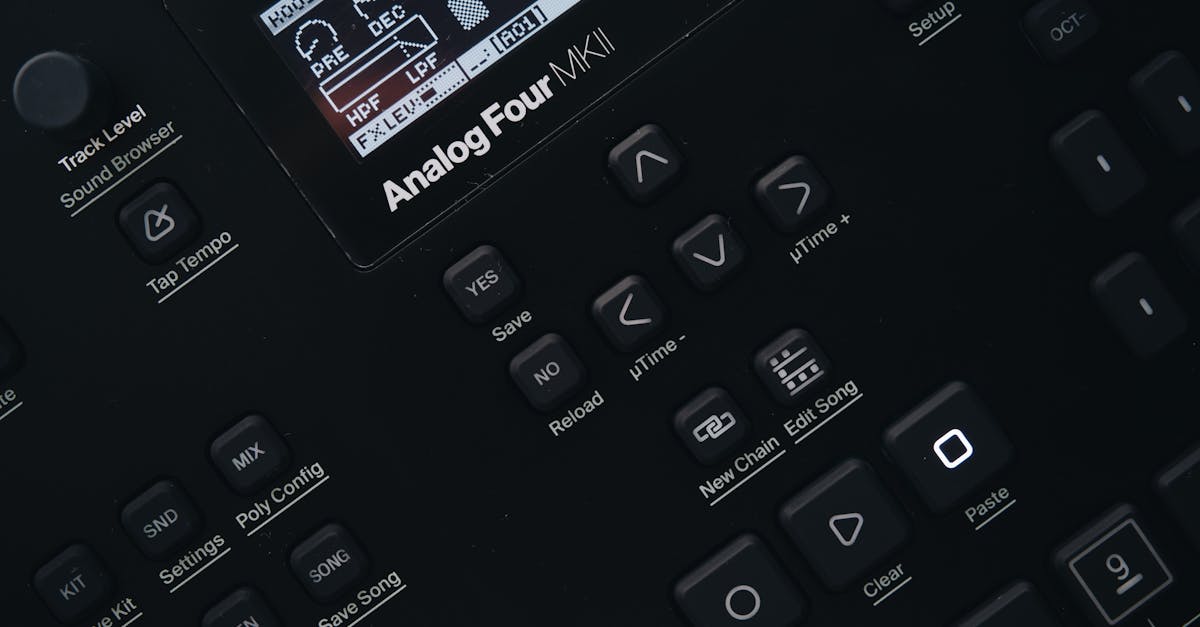Have you ever wondered about the mysteries of human personality? The MBTI, or Myers-Briggs Type Indicator, is much more than a simple classification tool. It reveals the complex facets of our psyche.
Dive into the world of cognitive functions and discover how they shape our interactions and decisions. As an Executive Coach, I support leaders in fully harnessing their potential through a deep understanding of their MBTI type. This article invites you to explore the foundations of the MBTI and enrich your personal and professional development. Together, we will unveil how each function plays a crucial role in the dynamics of your team. Get ready to transform your vision of performance and growth. Discover how to harmonize intuition, analytical thinking, and empathetic feeling to build lasting success.

In the MBTI model, auxiliary functions play a crucial role in complementing the dominant function. While the dominant function represents the primary way of perceiving and interacting with the world, the auxiliary provides essential balance, allowing for a more complete and flexible approach to situations.
The importance of auxiliary functions lies in their ability to support and moderate the traits of the dominant function. For instance, for a personality type whose dominant is introverted thinking (Ti), the auxiliary could be extraverted intuition (Ne), offering a creative and open perspective that complements the rigorous logic of Ti. This synergy facilitates better adaptation to professional and personal challenges, combining analytical strengths and innovative capabilities.
In business, understanding auxiliary functions allows for maximizing individual and collective potential. A leader who recognizes and values their own auxiliary functions can better motivate their team, resolve conflicts, and encourage collaboration. Furthermore, this understanding promotes personal development, helping everyone to fully leverage their skills and overcome their limits. Ultimately, auxiliary functions are essential for building harmonious relationships and succeeding in a dynamic environment.

Hello, my name is Véronique, an Executive Coach passionate about personal and professional development. Today, we will explore an essential aspect of the Myers-Briggs Type Indicator (MBTI): auxiliary functions. Understanding these functions can greatly enrich your self-knowledge and improve your interactions with others. So, let’s dive into this fascinating topic together!
What are auxiliary functions in the MBTI?
Within the MBTI framework, each personality type is defined by the interaction of four cognitive functions. The first function is the dominant function, followed by the auxiliary function. These auxiliary functions play a key role in supporting and balancing the dominant function. They add an additional dimension to our personality, facilitating a more harmonious adaptation in various everyday situations. For example, a type may have a dominant in extraverted thinking (Te) and an auxiliary in introverted feeling (Fi), which balances logic with sensitivity to personal emotions.
Role of auxiliary functions in self-understanding
Auxiliary functions offer a complementary perspective to our dominant function, thereby enriching our self-awareness. They help better understand our reactions, motivations, and preferences. For instance, if your dominant function is introverted intuition (Ni), your auxiliary function could be extraverted thinking (Te), helping you structure and organize your ideas effectively. This synergy between dominant and auxiliary is crucial for developing psychological and emotional balance.
Impact of auxiliary functions in interpersonal relationships
Auxiliary functions significantly influence how we interact with others. They allow us to navigate relationships by using complementary aspects of our personality. For example, a person with a dominant in introverted feeling (Fi) and an auxiliary in extraverted intuition (Ne) can better understand others’ emotions while exploring new ideas together. This combination fosters open and empathetic communication, essential for building strong and harmonious relationships.
Using auxiliary functions in a professional setting
In a professional context, auxiliary functions are valuable assets. They complement dominant skills, paving the way for better performance and greater efficiency. For example, a leader with a dominant in extraverted thinking (Te) and an auxiliary in introverted intuition (Ni) can not only structure projects logically but also anticipate future trends, guiding their team towards success. Understanding and developing one’s auxiliary functions can thus be a powerful lever for professional advancement.
Developing auxiliary functions to improve performance
Developing auxiliary functions is essential for maximizing potential. By investing time and effort in these functions, one can enhance their cognitive flexibility and ability to adapt to various situations. For example, a person whose dominant function is extraverted intuition (Ne) can strengthen their auxiliary function by working on their introverted sensation (Si), allowing them to compare new ideas with past experiences, thus fostering a more balanced decision-making process.
Concrete examples of auxiliary functions
To better illustrate the importance of auxiliary functions, let’s take a few concrete examples. An INFJ, with a dominant in introverted intuition (Ni) and an auxiliary in extraverted feeling (Fe), uses their Fe to understand and influence others’ emotions, thus balancing their internal perceptions with external empathy. Similarly, an ESTP, dominant in extraverted sensation (Se) and auxiliary in introverted thinking (Ti), combines strong responsiveness to dynamic environments with internal logical analysis to solve problems effectively.
Comparison between dominant and auxiliary functions
It is crucial to distinguish dominant functions from auxiliary functions for a deep understanding of the MBTI. Dominant functions are the most natural and developed, reflecting our primary mode of operation. In contrast, auxiliary functions support and balance this dominant, providing essential complementary skills. For instance, a dominant in introverted thinking (Ti) will be supported by an auxiliary in extraverted intuition (Ne), allowing for a blend of logical analysis with creative exploration. This complementarity is key for harmonious personal and professional development.
Methods for identifying auxiliary functions
Identifying one’s auxiliary functions requires introspective reflection and careful observation of one’s behaviors. An effective method involves analyzing reactions in various situations and determining which functions harmonize with natural actions. For example, if you observe that you are naturally good at organizing ideas suggested by your intuition, it is likely that your auxiliary is extraverted thinking (Te). Resources like Explore the dominant cognitive functions can also provide valuable insights for this identification.
In summary, auxiliary functions play a fundamental role in the MBTI model by providing additional balance and depth to our personality. They not only allow for a better understanding of oneself but also improve our social and professional interactions. Investing in the development of these functions can greatly enrich your personal journey and help you reach your full potential. To deepen your understanding, feel free to consult additional resources such as The dynamics of type in the MBTI or Understanding the shadow of your MBTI type.

“`html
FAQ
Q : What is an auxiliary function in the MBTI?
A : In the MBTI model, each personality type has a dominant function and an auxiliary function. The auxiliary function supports and balances the dominant function, providing a complementary dimension to the personality. It plays a crucial role in how a person interacts with the world and makes decisions.
Q : Why are auxiliary functions important?
A : Auxiliary functions are essential because they enable the development of a more balanced and adaptable personality. They offer additional skills and perspectives that enrich the dominant function, thereby facilitating better social interactions, more nuanced decision-making, and effective management of diverse situations.
Q : How to determine your auxiliary function?
A : The auxiliary function can be determined by first identifying your dominant function and then referring to the correspondences of the MBTI model. Each type has a specific combination of dominant and auxiliary functions. In-depth MBTI tests or analysis of type descriptions can help correctly identify one’s auxiliary function.
Q : What is the difference between a dominant function and an auxiliary function?
A : The dominant function is the main and most developed function that guides a person’s behaviors and decisions. The auxiliary function, on the other hand, supports the dominant function by providing complementary skills. Together, they form the foundation of personality and influence how a person interacts with their environment.
Q : Can one develop their auxiliary functions?
A : Yes, it is entirely possible to develop one’s auxiliary functions. By consciously working on these functions, a person can enhance their complementary skills, leading to a more balanced personality and better adaptation to everyday life challenges.
Q : Do auxiliary functions influence professional relationships?
A : Absolutely. Auxiliary functions play a significant role in professional relationships by bringing additional skills such as cooperation, creativity, or logical thinking. Understanding one’s own auxiliary functions and those of others can improve communication, collaboration, and conflict resolution at work.
Q : How do auxiliary functions impact daily behavior?
A : Auxiliary functions influence daily behavior by adding flexibility and diversity to a person’s actions and reactions. They allow for different angles to approach situations, thereby facilitating more effective adaptation and harmonious interaction with the environment and others.












